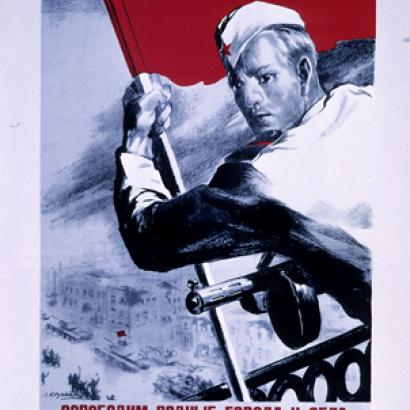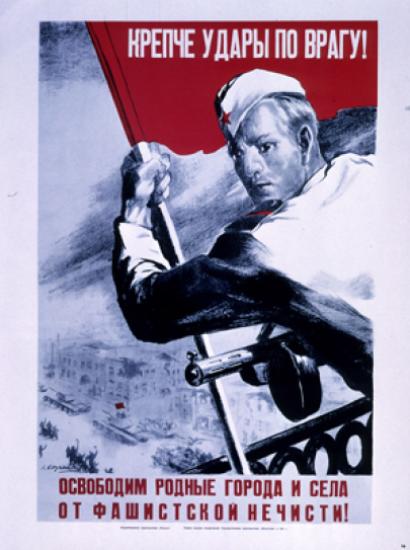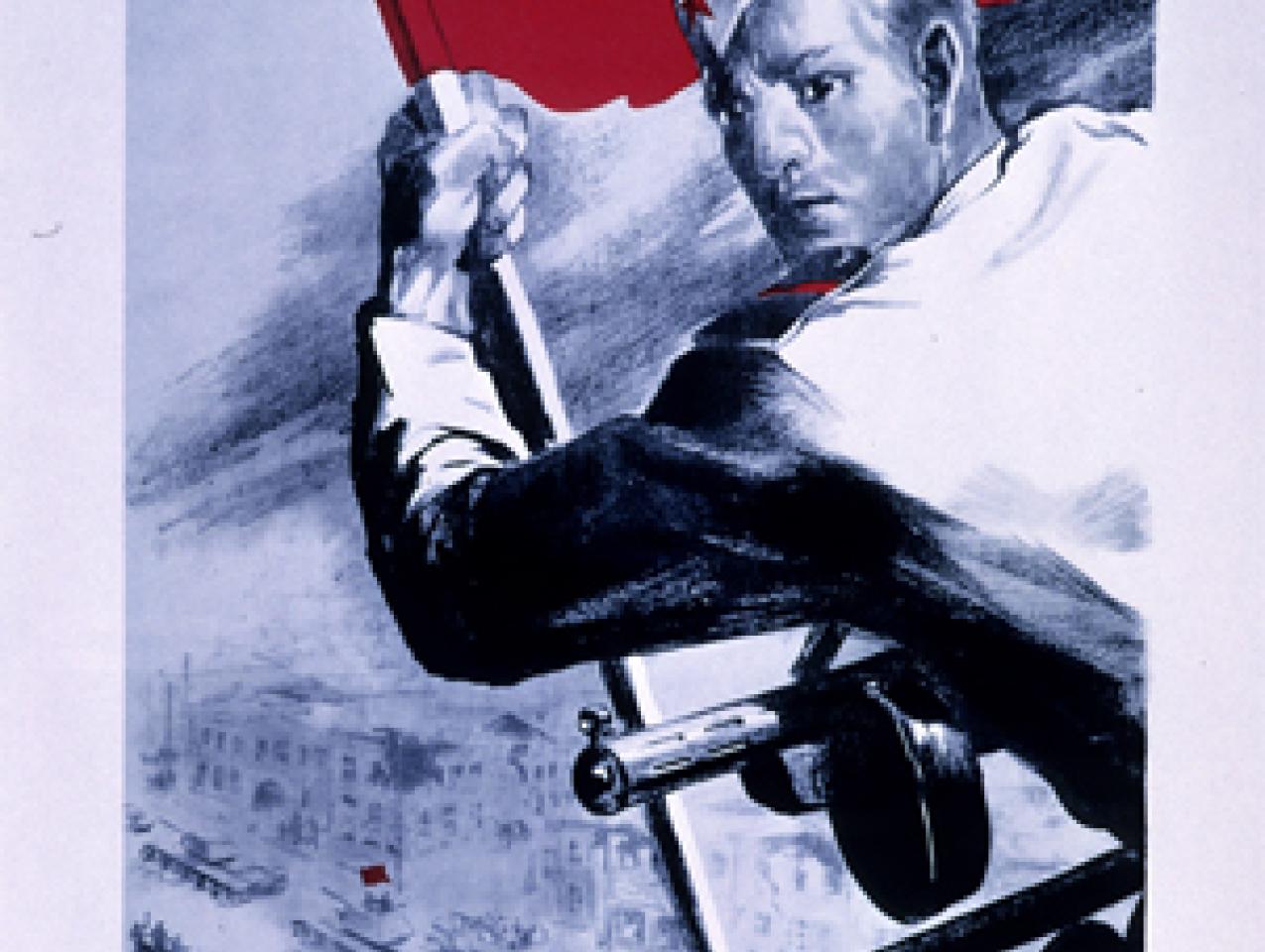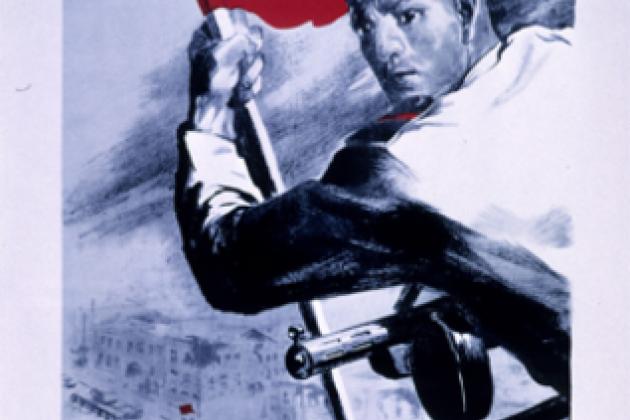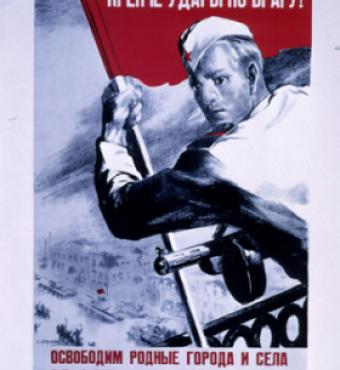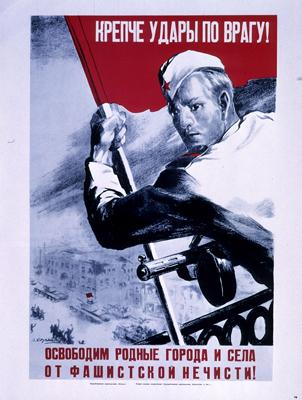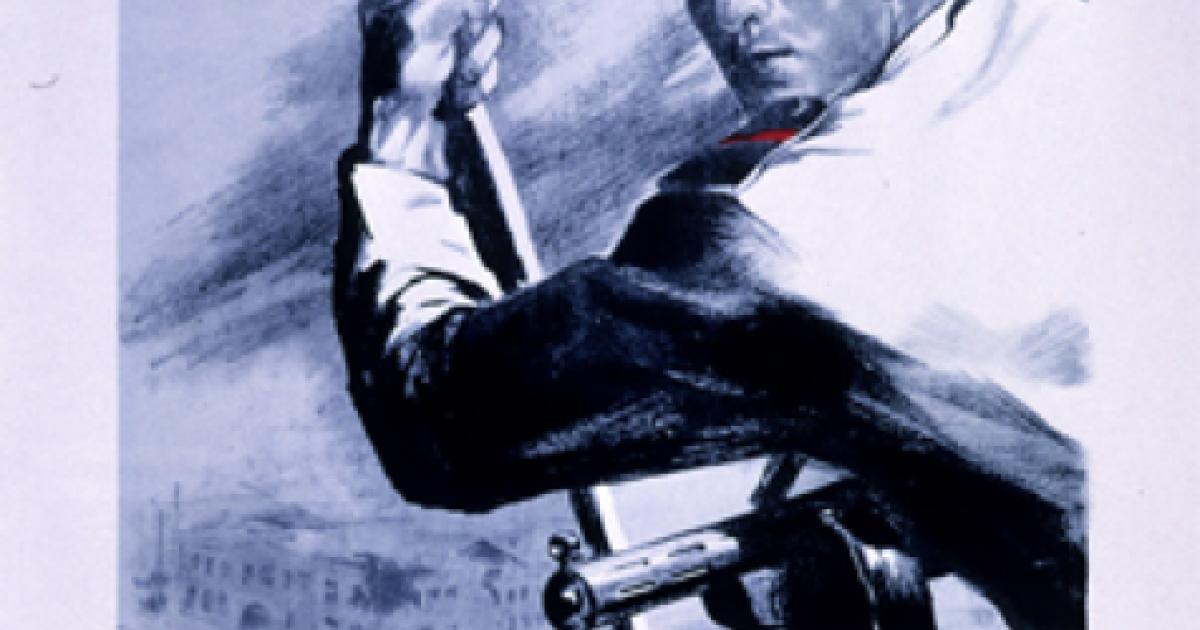- History
- Military
- Politics, Institutions, and Public Opinion
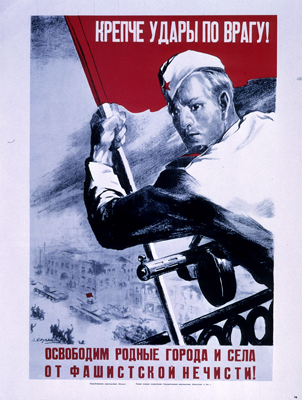
One of President Obama’s least attractive attributes is his tendency to disparage his adversaries. Just yesterday, for example, he mocked Silicon Valley executives for the triviality of their achievements compared to his important and complex work. Democrats bewail the obstinacy of Republicans in Congress, but ignore just how much this Obama trait crushes the possibility of compromise (think of President Obama humiliating Paul Ryan at the health care speech in 2011). The effects are visible in foreign policy, as well—especially in regards to Russia.
Russia is a country that went from superpower to third world so rapidly that Russians’ nostalgia for a better, more prosperous and powerful time is understandable. Russia’s per capita GDP places it between Aruba and French Polynesia; the U.S. economy constitutes 25% of global GDP, Russia’s economy contributes 1.5%. That’s a long way to fall. NATO expansion abraded Russia’s already bruised ego, and we need to deal with the negative repercussions of it in our Russia policy. To have denied newly-free states the security and voluntary association they yearned for seemed a terrible price to pay when Russia itself seemed to be becoming Western. Perhaps rejecting the aspirations of new NATO members would have prevented Russia becoming a surly predator; but perhaps it would not have changed Russia’s trajectory, only consigned our now allied countries to insecurity and stunted economic growth that comes with it. What Russia seems to want is not strong, vibrant states on its periphery, but states less stable, and more vulnerable than Russia itself.
President Obama began his watch resetting relations with Russia, a sensible enough approach by any new president. When it turned out Russia wasn’t interested, he became derisive. When dealing with a state like Russia, goading adversaries is not only bad strategy, it’s dangerous.
Russia made a bold play intervening in Syria; if their military had proven inadequate to the task, it would have further accelerated Russia’s slide from importance internationally and weakened Putin’s domestic hold. President Obama’s response was to denigrate Russia’s judgment, suggest military force can achieve nothing, and predict a quagmire.
Vladimir Putin has been proven right in Syria, and Barack Obama has been proven wrong. Syria has showcased not only the improvements in Russian military capabilities after years of investment, but also the willingness of Russia to act when opportunities arise to advance its interests.
What President Obama seems not to understand is that, as historian Geoffrey Blainey says, “wars aren’t traffic accidents—they’re a wish to crash.” States choose war when they believe it will achieve something important and they think they can succeed.
Russia has rightly assessed that President Obama is so fearful of a crash that he will allow it to achieve its political objectives in Syria: preserving Assad in power, ensuring the only viable rebel forces are ISIS (thereby making it harder to remove Assad), emasculating America in the Middle East, and causing allies around the world to hedge against American abandonment. That’s why John Kerry can get no traction with his Russian counterpart: Lavrov’s President understands that war does achieve things.







